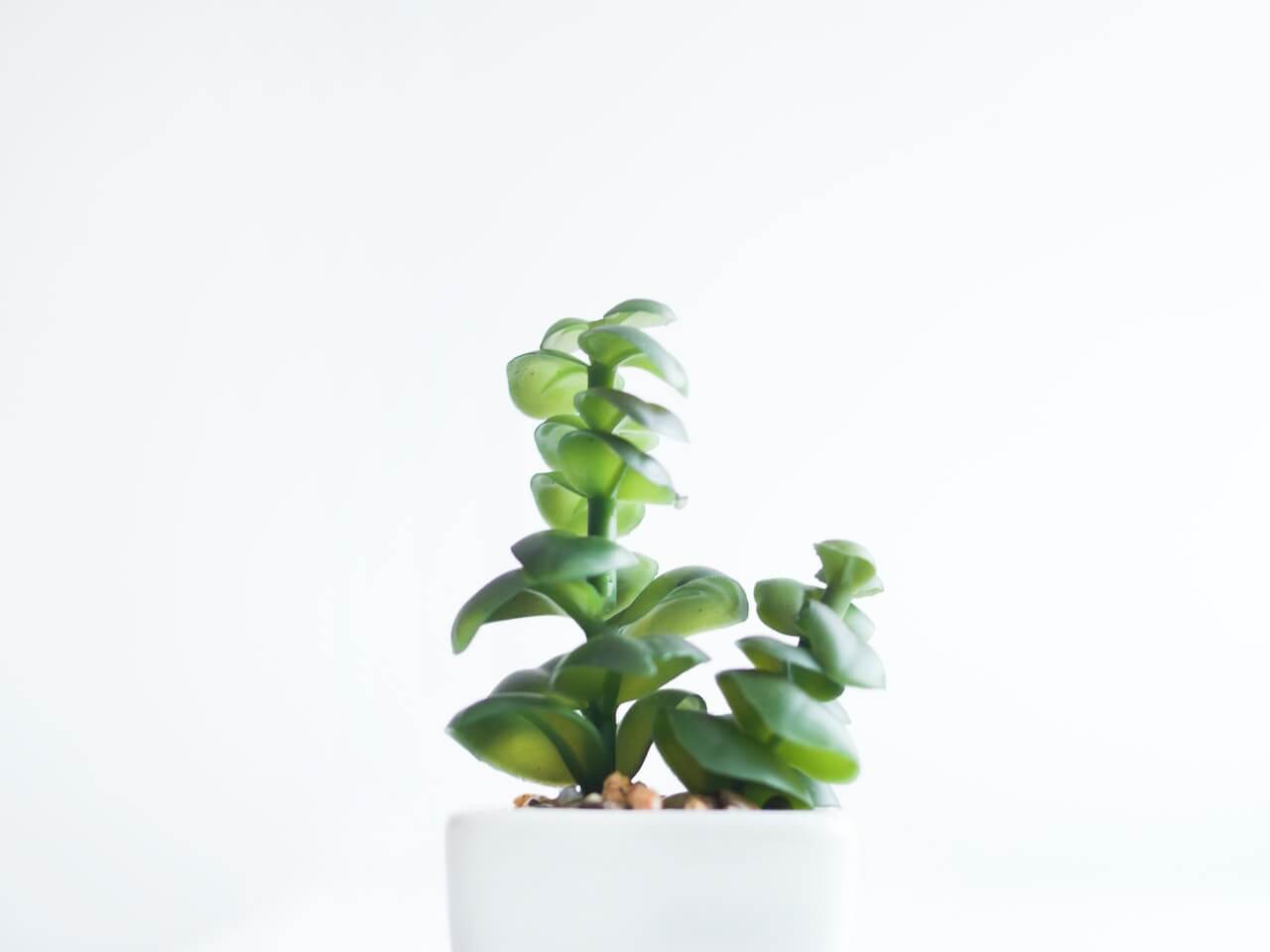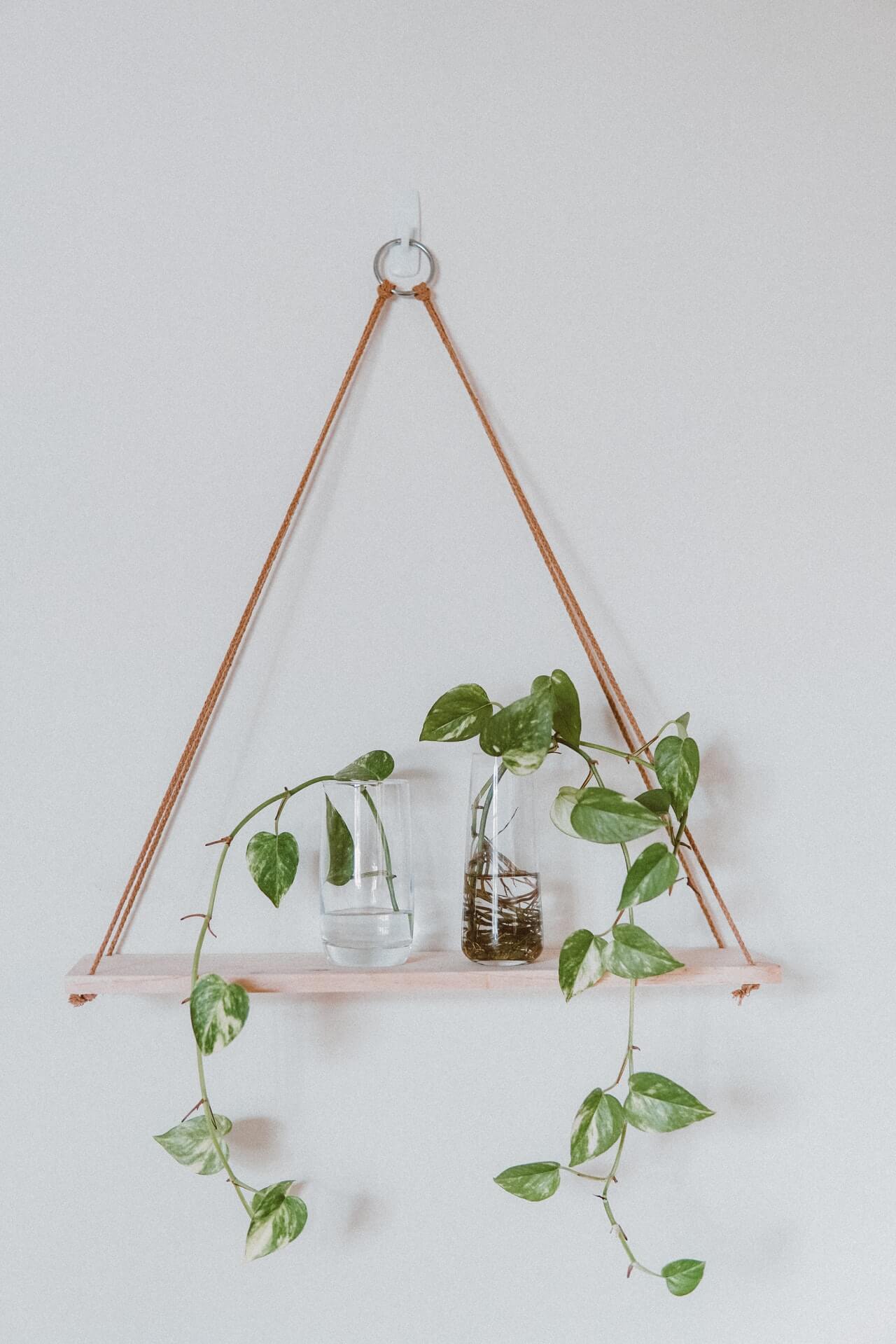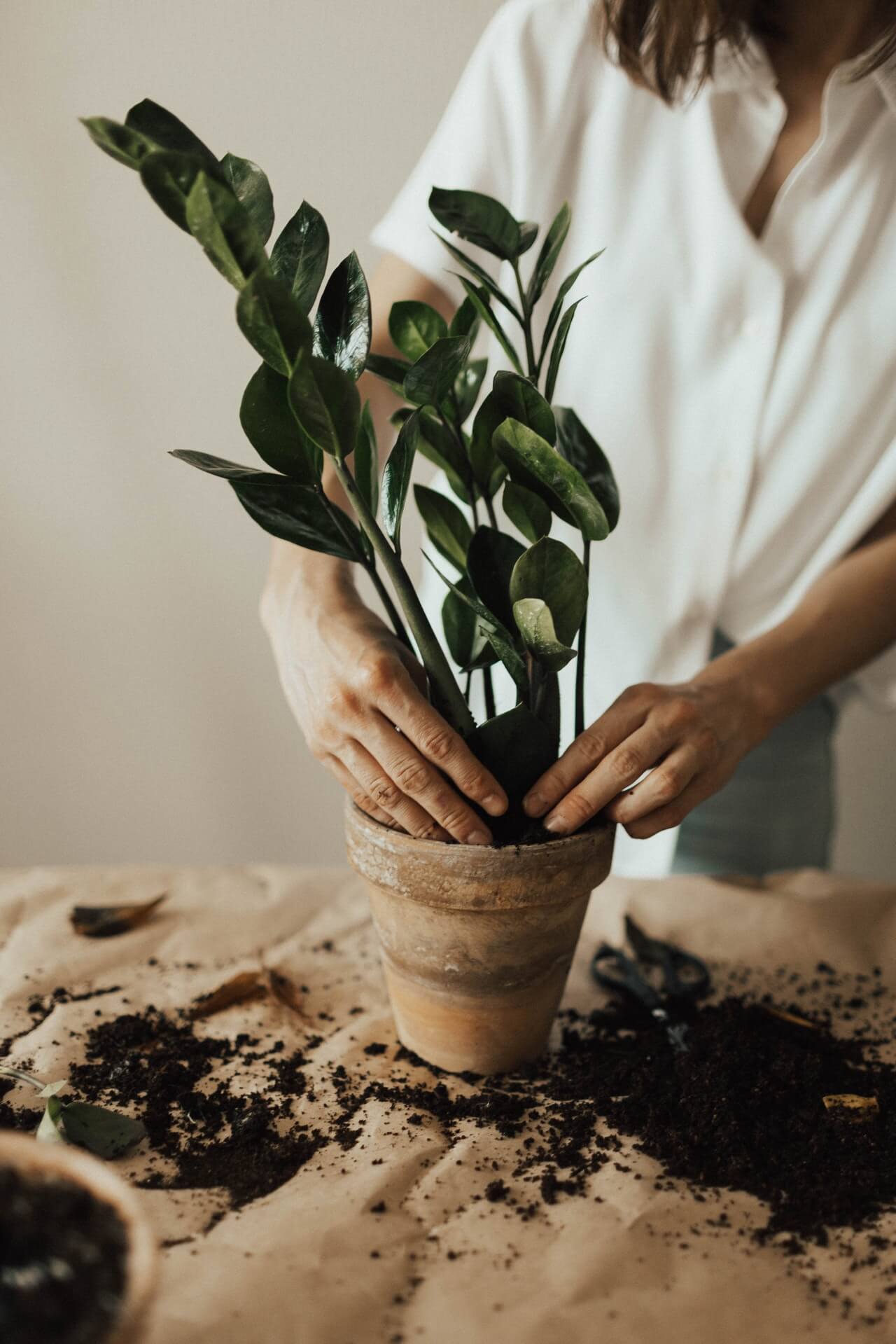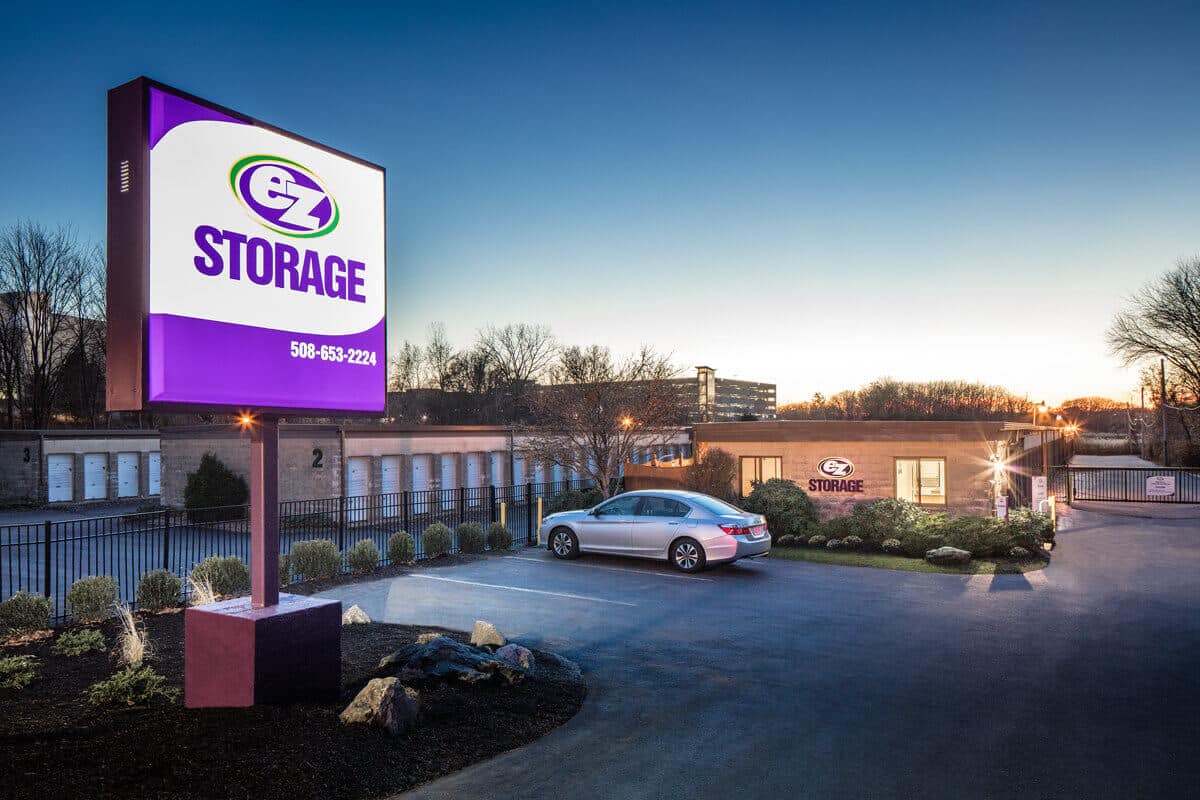How To Move With Plants Without Killing Them in Boston
Plants can make your Boston house feel like a home. Not only do they add beauty and interest to your rooms, they provide oxygen and help filter impurities in your indoor air. Plus, you have something to talk to when no one is around. Plants thrive on good conversation!
It can be a hard decision to decide if you should move your houseplants with you or leave them behind, or to even know how to move with plants. After all, you may feel like they’re part of the family. We have some tips to help you decide if and how to move big or potted plants with you to Boston or any part of the US.
Should You Move Your Plants?
You might be wondering, is it bad to move plants around? Depending on if you’re moving across town or across the country, figuring out how to move plants along with you may not be what’s best for them.
A move across town will be much easier on your plants and makes your decision fairly easy. The one big deciding factor is if your new home offers the same lighting required to keep your plants thriving.
Moving to a new state makes moving plants more complicated. First, you need to check local laws on restrictions for importing plants. Typically, these laws are set at the state level, but some are regulated by the US Department of Agriculture. For example, the State of Massachusetts lists nearly 150 plants that are prohibited from import, sale, trade or purchase.
If they’re not on the restricted list, you’ll need to decide how to transport plants when you move to your new home. The majority of moving companies will not transport plants or any other living thing. Plus putting plants in a moving truck is just a bad idea. Plants need air, sunlight and water to live, which they can’t get sitting in a moving van.
Your best bet is to pack the plant and move it in your personal vehicle. If that is not possible, you may be able to ship it with a major carrier like UPS or FedEx that can expedite shipping so transport time is minimized.
Love your plant but can’t take it with you? If you have a green thumb, try your hand at moving just a cutting from the plant which will reduce the amount of room you need to use versus bringing a large plant with you.
You’ll want to make the cuts from your plant on the day of the move. Choose a healthy stem and its roots, at least 3-6 inches in length. Wrap the cuttings in wet paper towels, secure with a rubber band and place in a plastic bag to keep the moisture in. Then, pack them in a plastic container to move. Check on them daily to make sure they remain moist.
Another thing to consider when moving your house plants, is if you will be making a temporary move. If you won’t be making a home-to-home move, bringing your plants with you isn’t the best choice. The more you move them, the worse they will fare.
How Do You Move Plants to a New House?
A week or so before your move, prune your plants. Pinch off new growth and remove dead leaves and flowers. The healthier your plant is, the more likely it will survive the move. Use a sturdy moving box, one per plant, that tightly fits around the plant to prevent shifting and tipping. Swap out ceramic or clay pots to plastic for the move due the fragile nature of the materials. Fill the open space in the box around the plant with bubble wrap or towels so that the pot doesn’t move or shift during transport. Your box should be as tall as or taller than the pot to avoid tipping.
Wrap the pot and plant with a plastic bag to contain soil and save your vehicle from extra cleaning. Water the plant a few days before the move so the soil is moist, but not wet.
If you’ll be moving cross country and staying at hotels, bring your plant inside for the night, especially if the weather is cold or very hot—which, as we know, is often the case, as Boston winters can be brutal.
How Long Does it Take for Plants to Recover from Transplanting?
House plants should be the last thing packed in the car and first thing removed from the car. A stable environment is the healthiest for your plant to thrive.
Put them in the new home as soon as possible and remove the packaging. Repot them into their regular pot if you packed them. Let them acclimate in one spot for two weeks before moving to a different area of the house.
You are likely to see some visible signs of stress in your plant in your new home for the first few weeks, like leaf drop, brown spots or leaves falling off. This is normal, but should be carefully watched to determine if the plant will rebound. Placing the plant in the environment most similar to its original home will help with the acclimation to your new home. After the move, think about how to place plants in your home. Consider the direction your house faces, the amount and type of sunlight and the temperature in the room.
So, is it Bad to Move Plants Around?
Plants are living things and just like you and your pets, moving is stressful for them. If your plants hold sentimental value or if you’ve invested a lot of time and energy into them, taking them with you isn’t even a question. However, if you are willing to give them to a trusted friend or neighbor to adopt into their home, it could be less stressful than moving your plant.
If you’re moving across town, moving your plant shouldn’t be too stressful as long as you protect it from weather, and pack and handle it carefully throughout the move. During the harsh winter months you can protect the plant from cold temps briefly by wrapping it in newspaper.
Can you Store Live Plants in a Storage Unit?
It’s a simple answer. No. For the same reasons that moving companies won’t move your plants, they should not be placed in self-storage in Boston or anywhere else, because they need copious amounts of air, sunlight and water!
Read our full list of what cannot be stored in self-storage as you prepare for your move. EZ Storage is happy to help you make your move to or from Boston less stressful. Our short term rental options make moving to or from an apartment or home much easier with peace of mind that your belongings are kept safe. Visit one of our Boston self storage locations in Newton, Natick or Framingham to find the right sized storage unit for your upcoming move.





